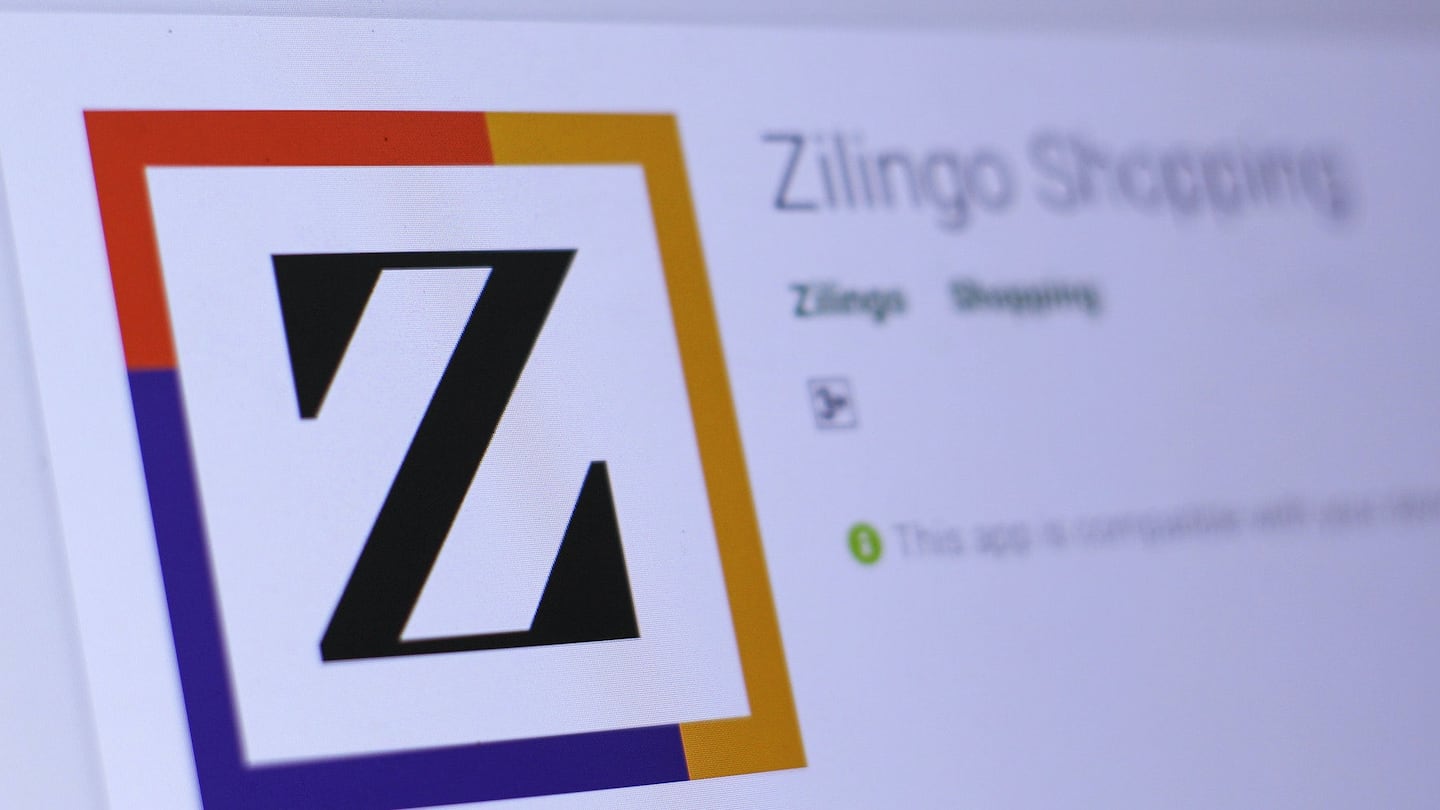
The Business of Fashion
Agenda-setting intelligence, analysis and advice for the global fashion community.

Agenda-setting intelligence, analysis and advice for the global fashion community.

Singapore’s Zilingo Pte, a start-up providing technology to apparel factories and merchants, is seeking to raise $150 million to $200 million in its latest funding round, according to people with knowledge of the matter.
The company, which is backed by state-owned investor Temasek Holdings Pte, is working with Goldman Sachs Group Inc. on the potential fundraising deal that could boost its valuation to over $1 billion, said the people, who asked not to be identified as the process is private. Zilingo has reached out to some investors to gauge interest, the people said.
Deliberations are ongoing and details such as the fundraising size could change, said the people. Representatives for Goldman Sachs and Zilingo declined to comment.
Zilingo is joining a growing number of companies in Southeast Asia raising funds for expansion. ShopBack, a Singapore online shopping rewards app, is in talks with potential investors to raise $150 million, while Philippine fintech firm Voyager Innovations Inc. is considering raising $150 million to $200 million, Bloomberg News reported this week.
ADVERTISEMENT
Co-founded in 2015 by chief executive Ankiti Bose and chief technology and product officer Dhruv Kapoor, Zilingo has grown into a business-to-business marketplace for wholesale buyers and sellers in the fashion industry. It was valued at $970 million in early 2019 when it raised $226 million from investors including Sequoia Capital India and Temasek. Bose told Bloomberg Television in June that the company is weighing going public among options to raise capital.
Learn more:
At Zilingo, Pivoting for Growth in a Pandemic
Founded as a fashion and beauty marketplace in Southeast Asia, Zilingo is now investing in new operational capabilities to serve its B2B community and create opportunities for growth post-Covid.
This week’s round-up of global markets fashion business news also features Korean shopping app Ably, Kenya’s second-hand clothing trade and the EU’s bid to curb forced labour in Chinese cotton.
From Viviano Sue to Soshi Otsuki, a new generation of Tokyo-based designers are preparing to make their international breakthrough.
This week’s round-up of global markets fashion business news also features Latin American mall giants, Nigerian craft entrepreneurs and the mixed picture of China’s luxury market.
Resourceful leaders are turning to creative contingency plans in the face of a national energy crisis, crumbling infrastructure, economic stagnation and social unrest.